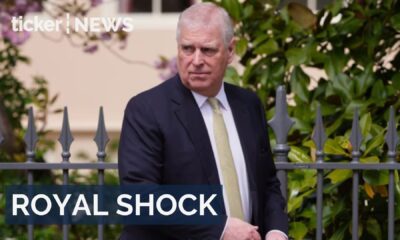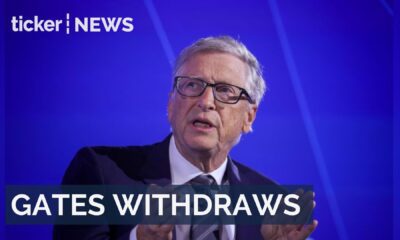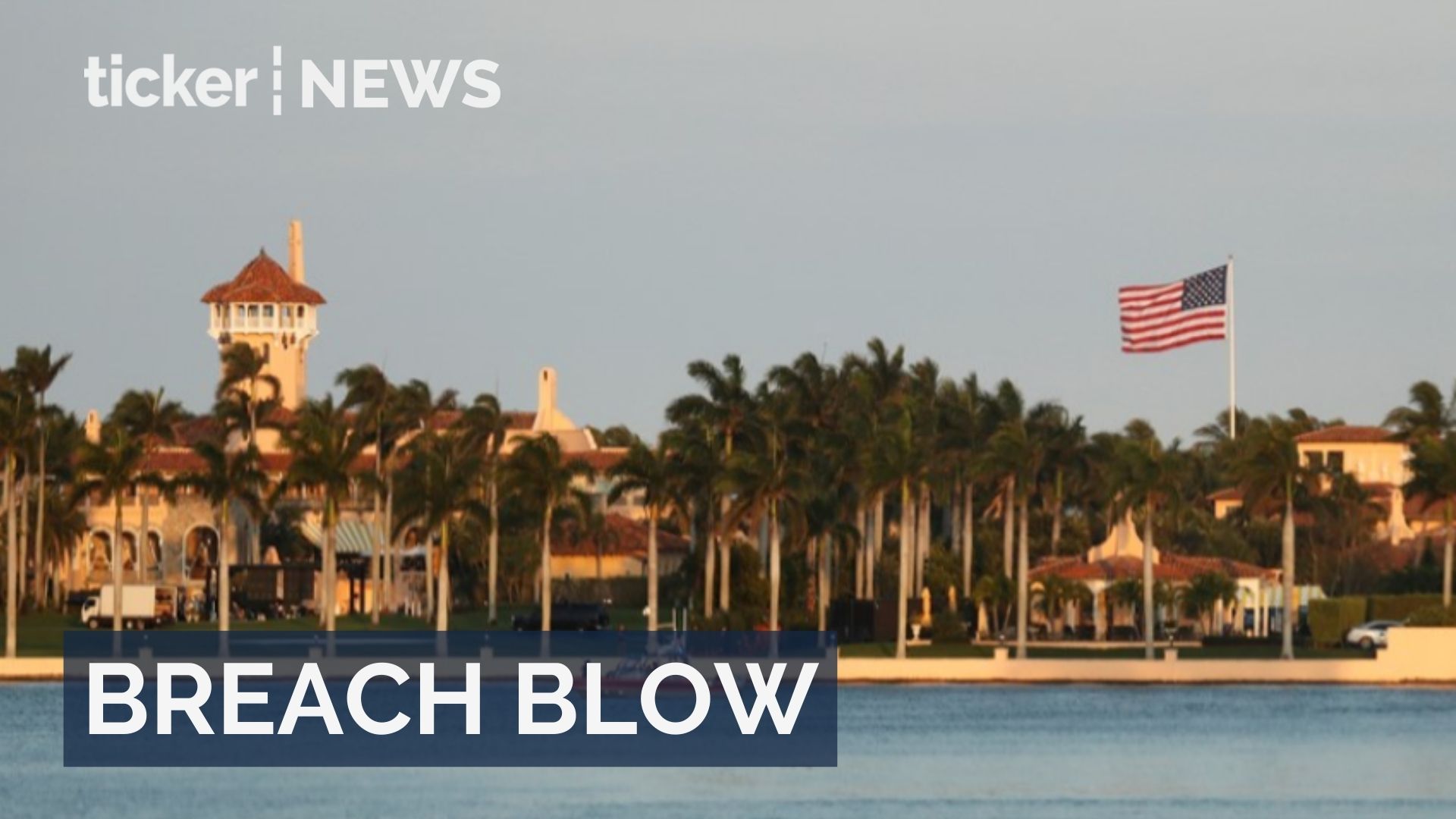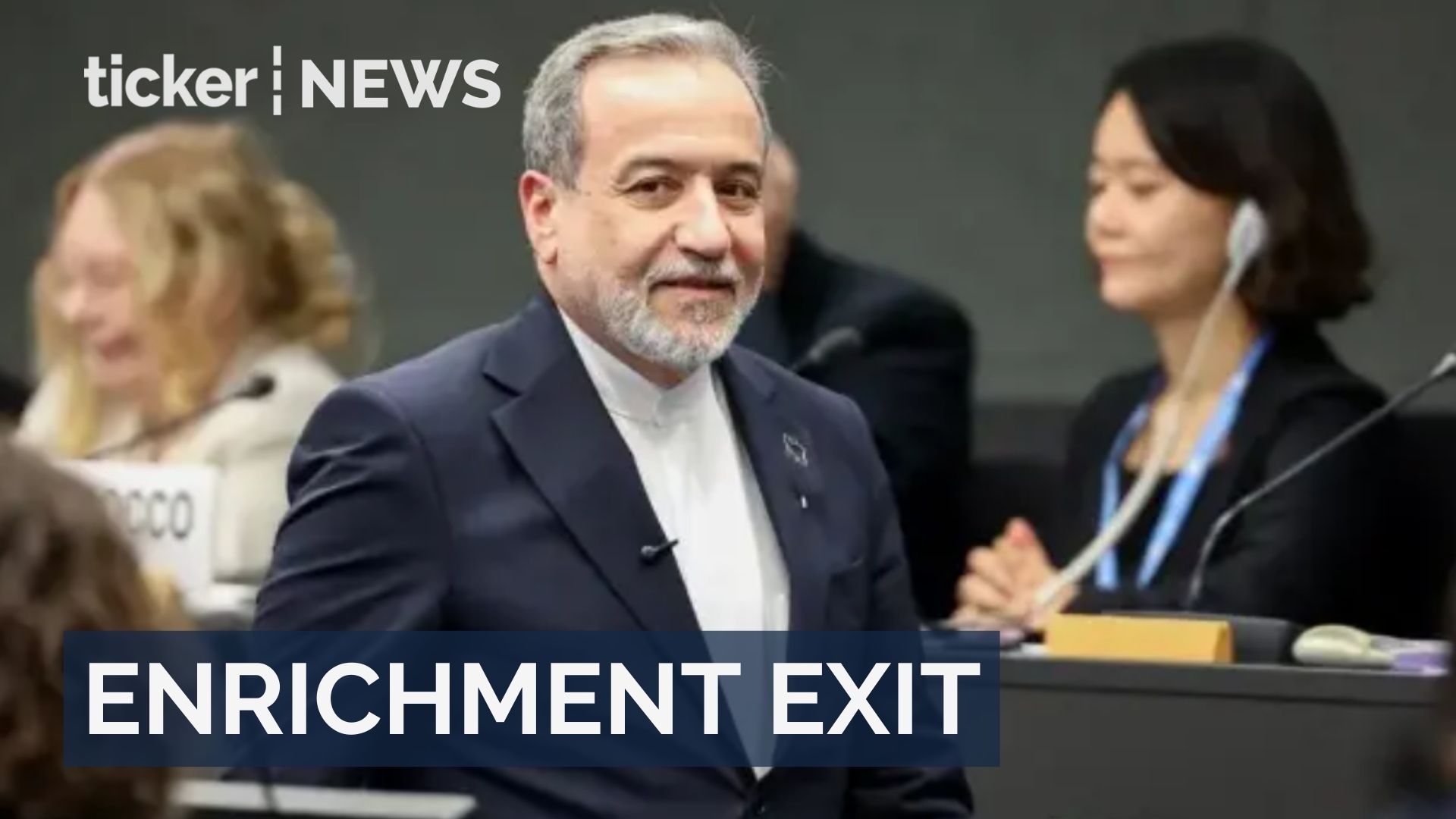News
Trump targets tariffs on North American trade partners
Trump plans 25% tariffs on Mexico/Canada imports, citing immigration/fentanyl issues, aiming for USMCA renegotiation amid trade protectionism.

News
Man shot dead after breaching security at Mar a Lago
Man in 20s dies after breaching Mar-a-Lago, armed; Secret Service opened fire, citing no immediate danger inside.
News
Iran signals nuclear concessions as U.S. talks intensify
Iran may concede on its nuclear program for US recognition and sanctions relief, considering uranium exports and oil sector investments.
News
UK police seek former aides’ insights on Prince Andrew
UK police contact ex-protection officers of Prince Andrew amid misconduct investigation linked to Jeffrey Epstein allegations
-



 Tech3 days ago
Tech3 days agoSam Altman predicts superintelligence could appear by 2028
-



 News3 days ago
News3 days agoAndrew Mountbatten-Windsor released after 12-hour questioning
-



 News4 days ago
News4 days agoUkraine Russia peace talks stall with no breakthrough
-



 Money3 days ago
Money3 days agoOil hits seven-month high, and gold surpasses $5,000 amid US-Iran tensions
-



 Tech4 days ago
Tech4 days agoZuckerberg testifies on social media addiction and child safety
-



 Ticker Views5 days ago
Ticker Views5 days agoCan diplomacy survive the Iran-US nuclear standoff?
-



 Ticker Views3 days ago
Ticker Views3 days agoPrince Andrew arrested: What it means for the Royal Family
-



 News3 days ago
News3 days agoBill Gates withdraws from India AI Impact Summit before keynote








